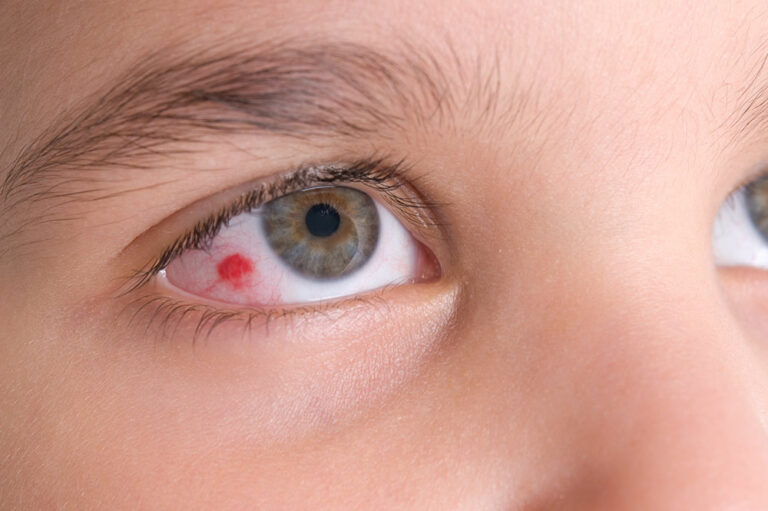
Oral health issues – Causes and tips to prevent them
Although maintaining oral hygiene is important for overall health, several mouth and teeth diseases can make it difficult to have the pearly whites you desire. This makes it important to be careful about oral hygiene and make regular efforts to maintain oral health. This article discusses the symptoms and causes of mouth and teeth diseases, followed by a few tips to maintain good oral hygiene.
Symptoms
Several mouth and teeth problems can be caused by oral health issues. Here are some symptoms that you need to keep in mind to help prevent oral diseases:
- Foul breath
- Bleeding gums
- Loosening of teeth
- Aches in the tooth, jaw, or gum
These are the most common symptoms that are often overlooked, but ignoring them can worsen the pain and aggravate mouth and teeth problems. It’s best to consult a dentist at the earliest if any of these symptoms manifest.
Causes
The causes of mouth and teeth problems may vary from person to person, but let’s look at the most common causes:
- Smoking
Smoking causes several health issues, and mouth and teeth problems are just one among those. It harms the tissues of the gums and the nicotine also stains the teeth. - Poor dental history in the family
If your family has a poor dental record, you should take extra precautions to maintain oral health as you face a greater risk of developing mouth and teeth problems. - Irregular flossing/brushing
Poor oral hygiene is the most common cause of mouth and teeth problems, so make it a point to brush and floss regularly to keep your mouth free of food particles. - Certain Medications
Saliva acts as a protective layer for the mouth and teeth, and some medications lower saliva production, which can lead to conditions like dry mouth. Certain medications are also known to cause abnormal development of gum tissue. - Other underlying conditions
Certain diseases and illnesses can also lead to the development of mouth and teeth problems if left untreated. For instance, diabetes can cause cavities and infections as it affects the body’s ability to use sugar in the blood. - Hormonal changes
Gingivitis is a condition that causes the inflammation of the gums, and puberty, pregnancy, menopause, and even menstruation can cause this condition as the gums become more sensitive during these phases.
General tips for oral health
- Brush your teeth before going to bed
Ensure that you brush your teeth at least twice a day and avoid hitting the bed without cleaning your mouth of debris and food particles stuck between your teeth. - Clean your tongue
Many people ignore this step while brushing, but germs also accumulate on the tongue, causing bad breath. Also, plaque and bacteria buildup on the tongue could lead to illnesses, so ensure that you also clean your tongue every time you brush. - Use a toothpaste with fluoride
While you may focus on choosing a toothpaste of your preferred flavor or color, it needs to meet the basic needs of helping you maintain oral health, so opt for one that contains fluoride.







